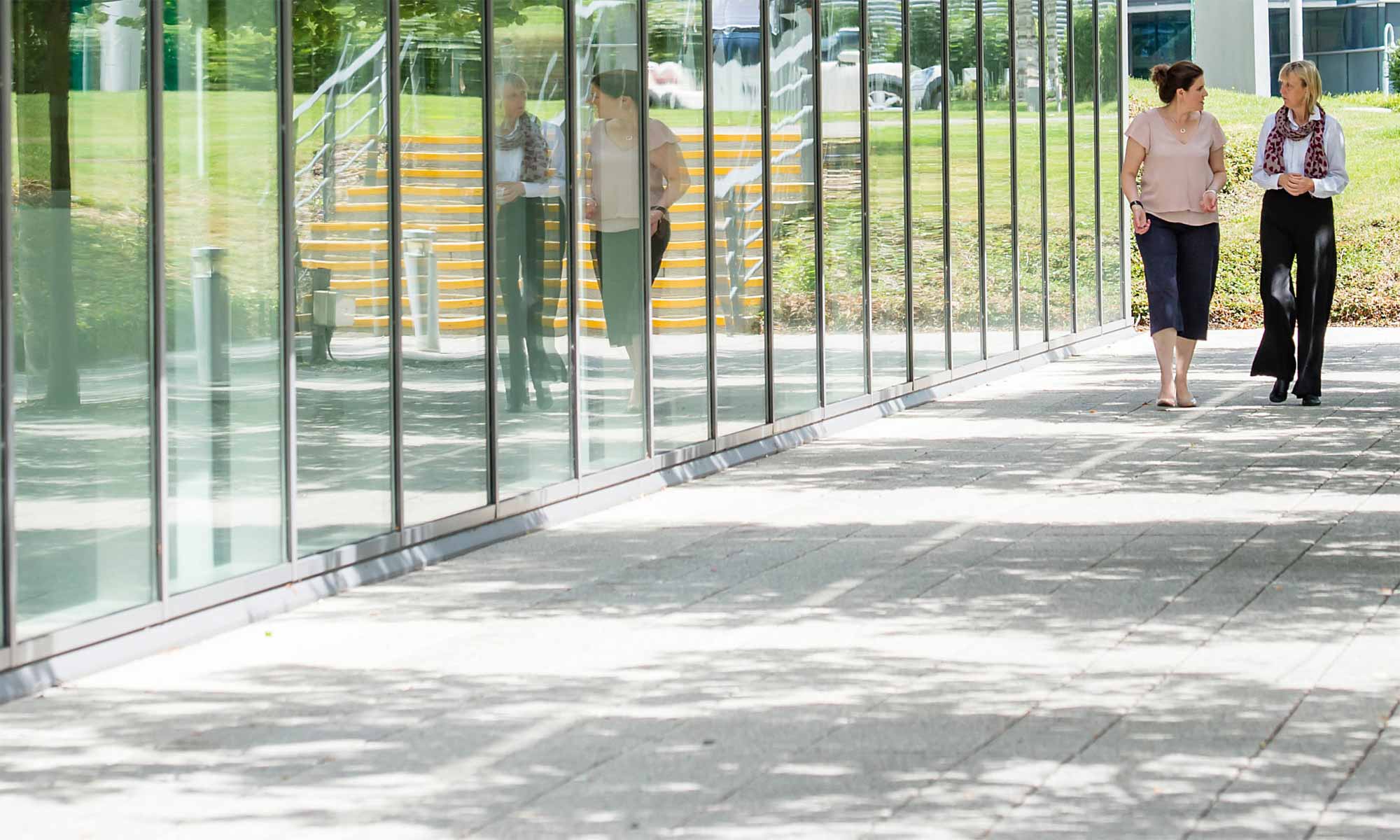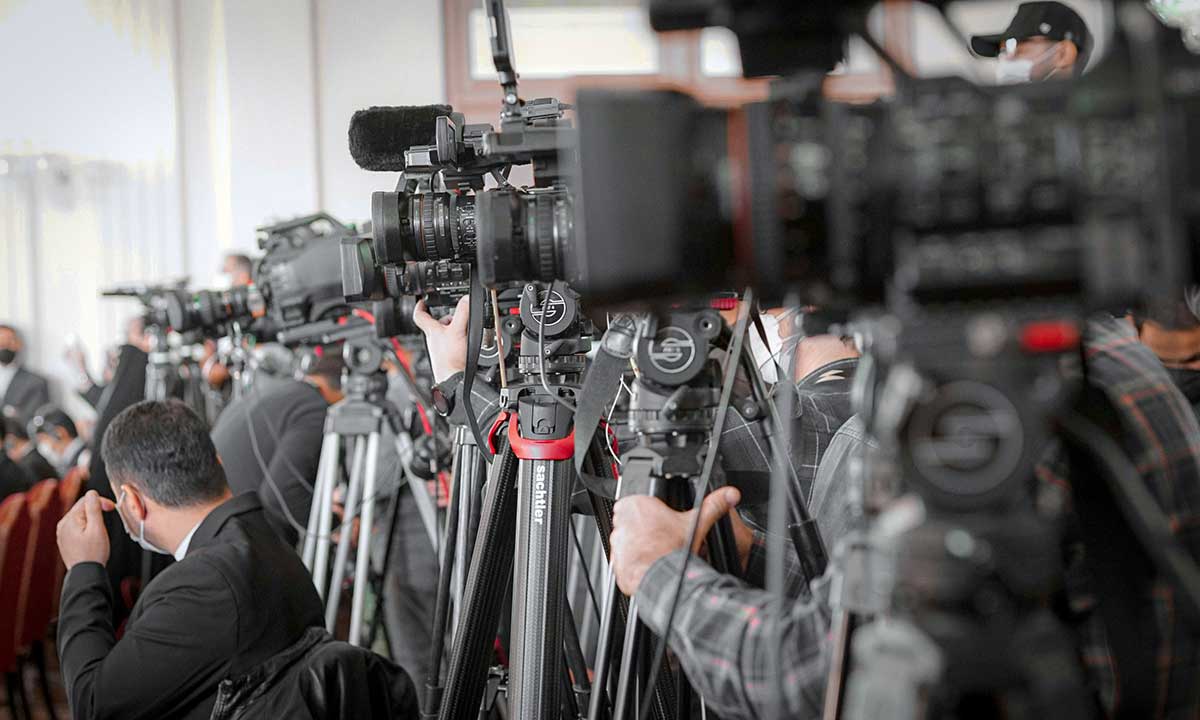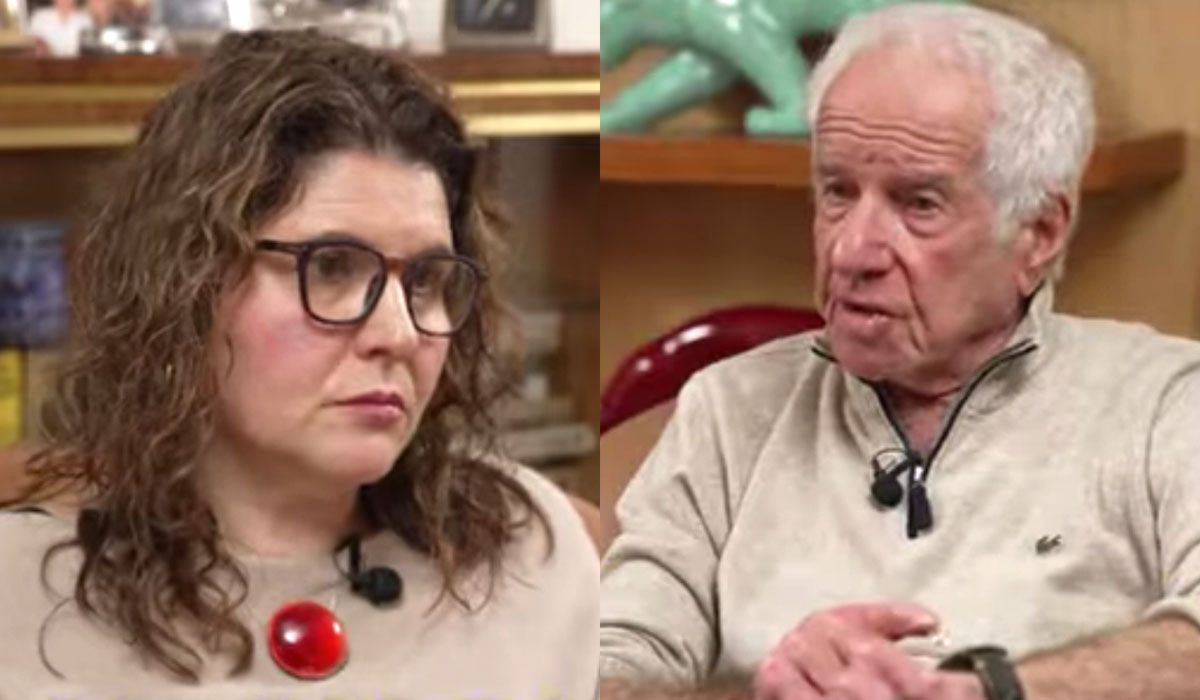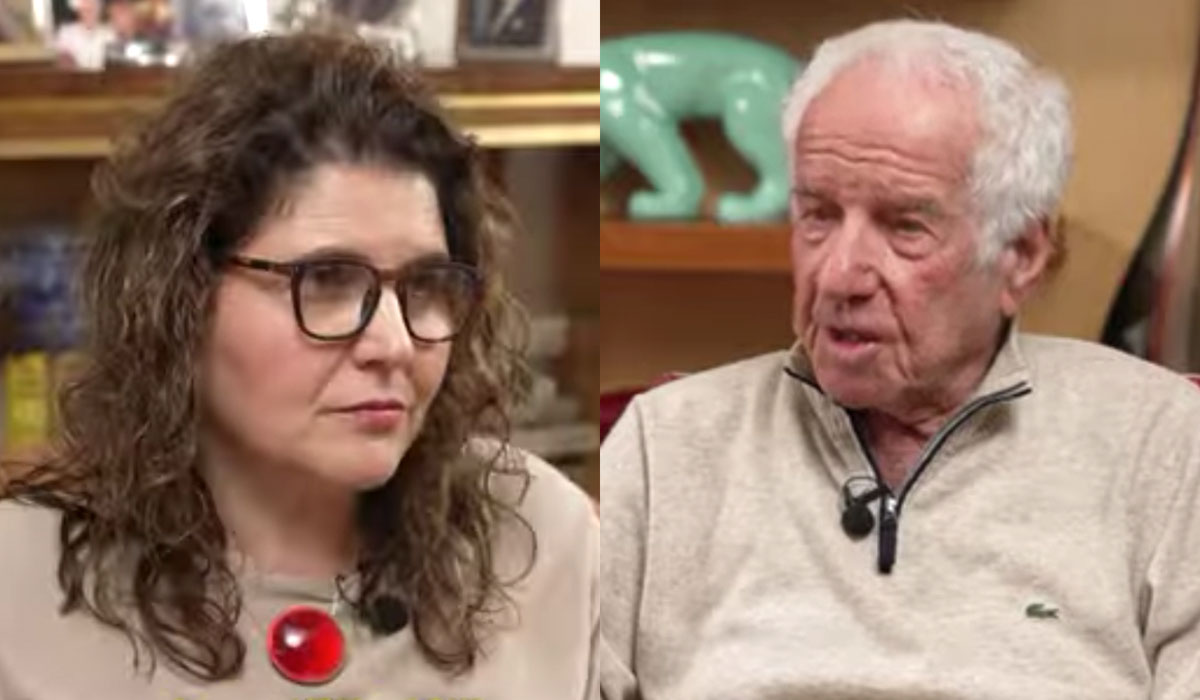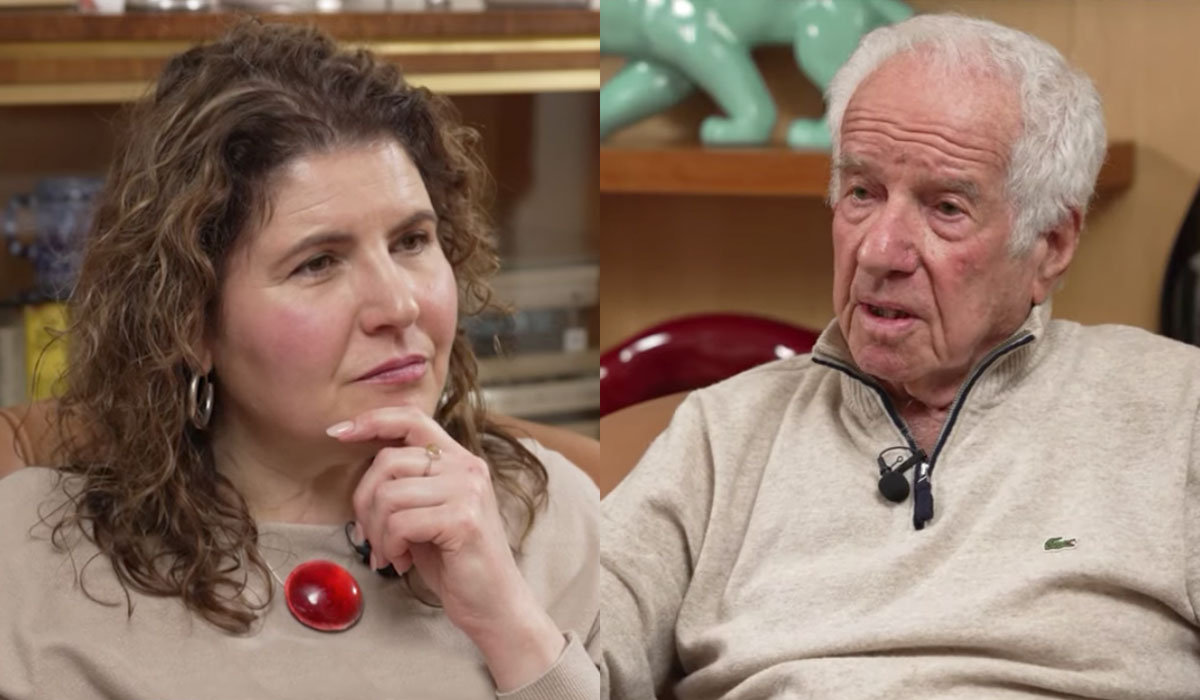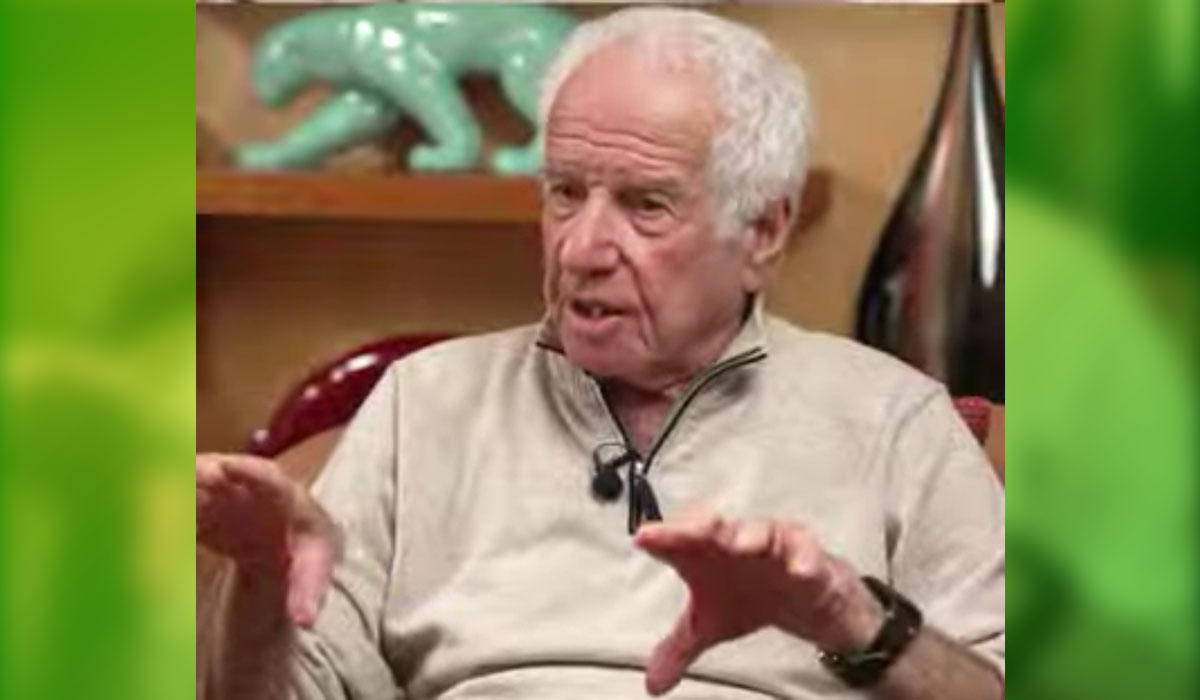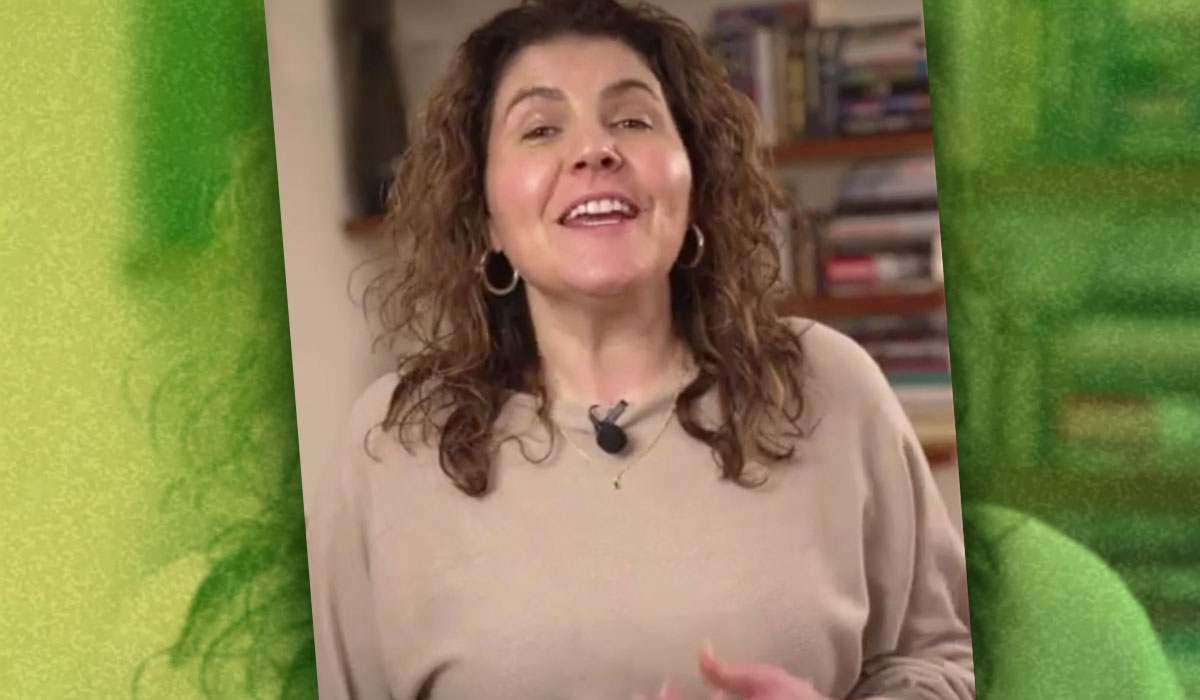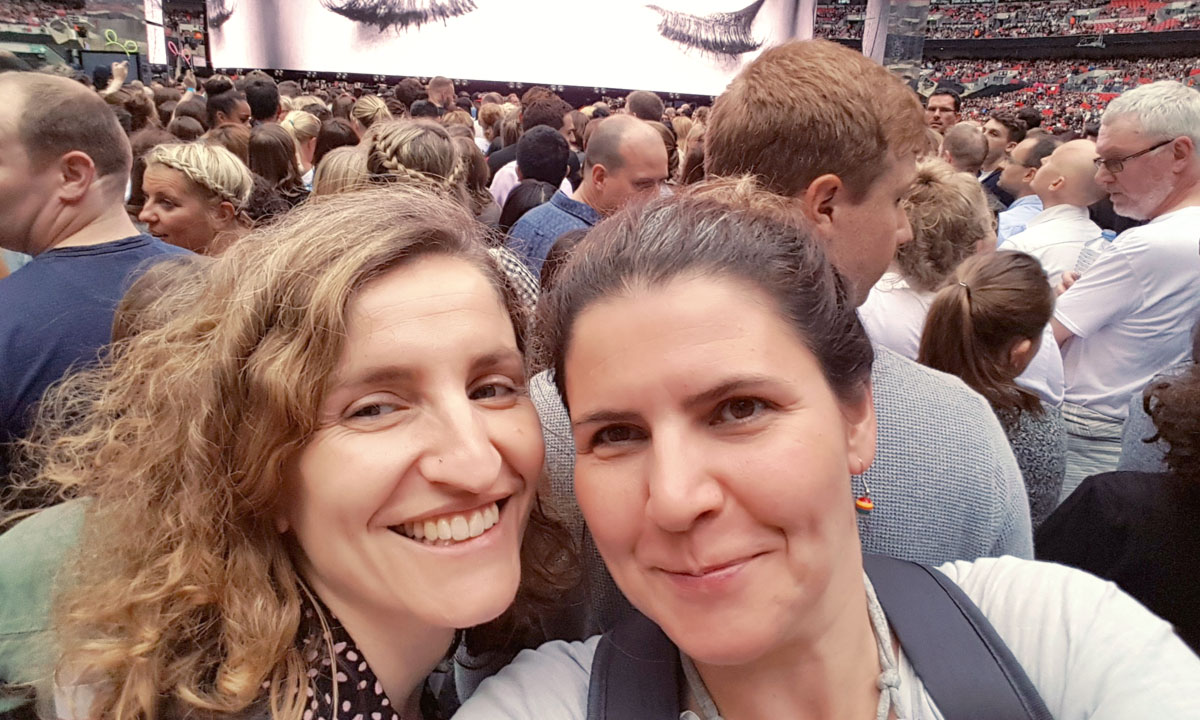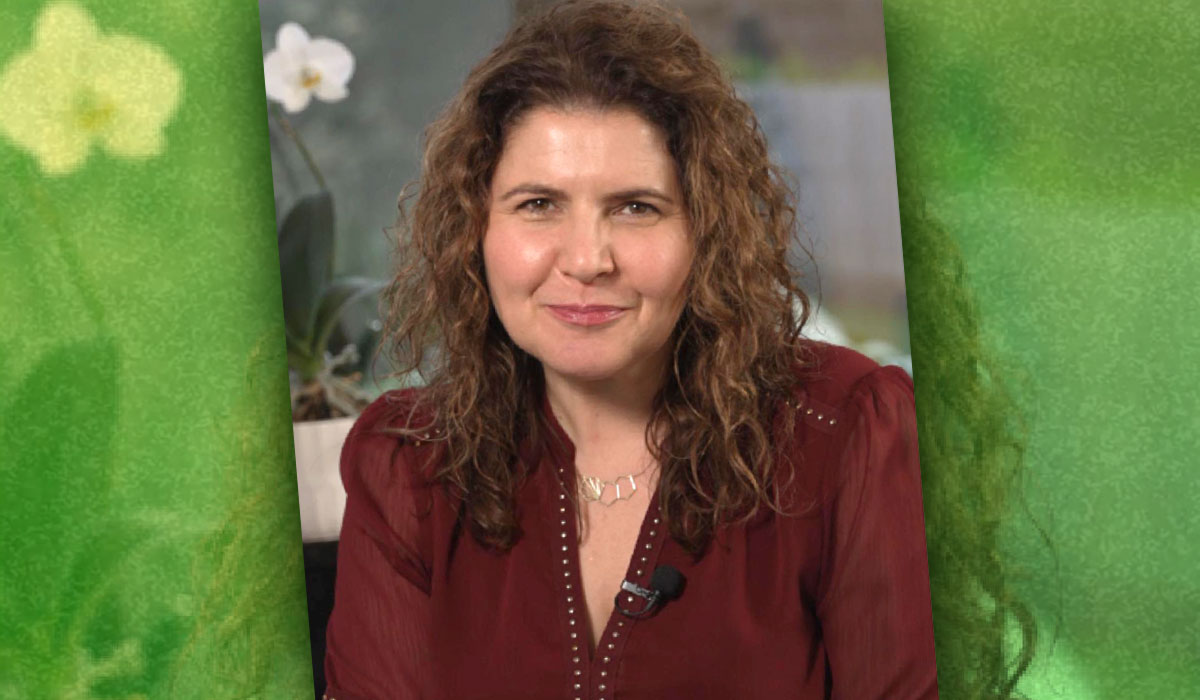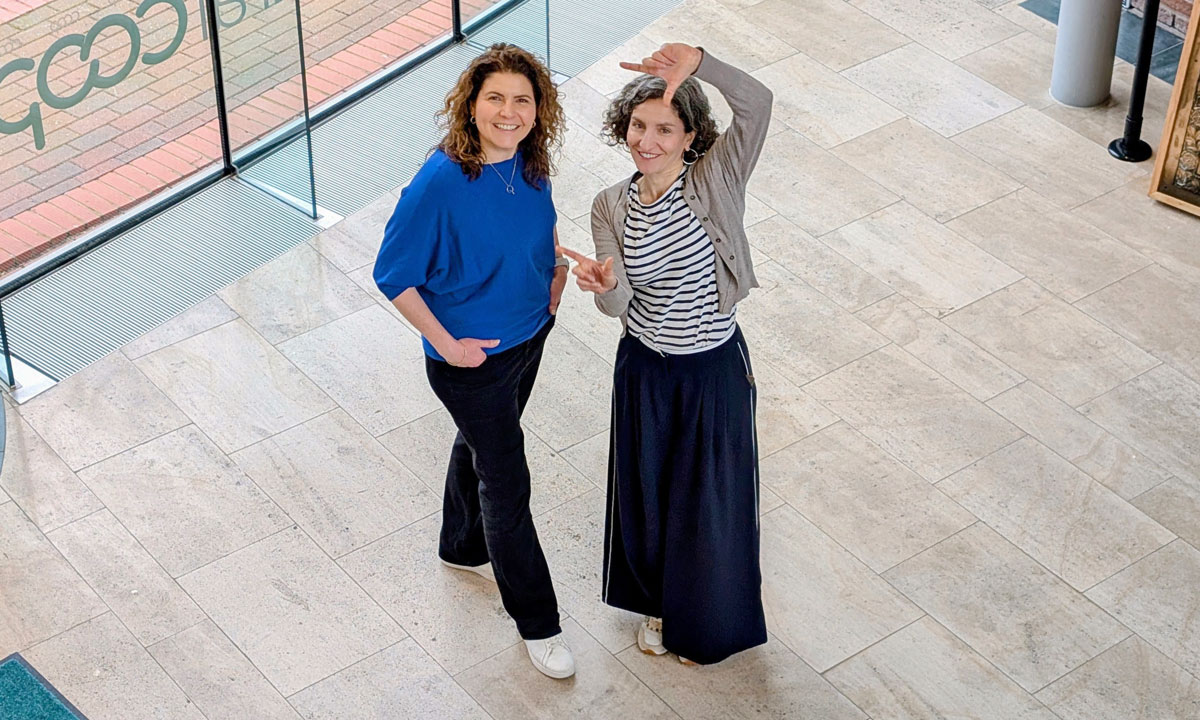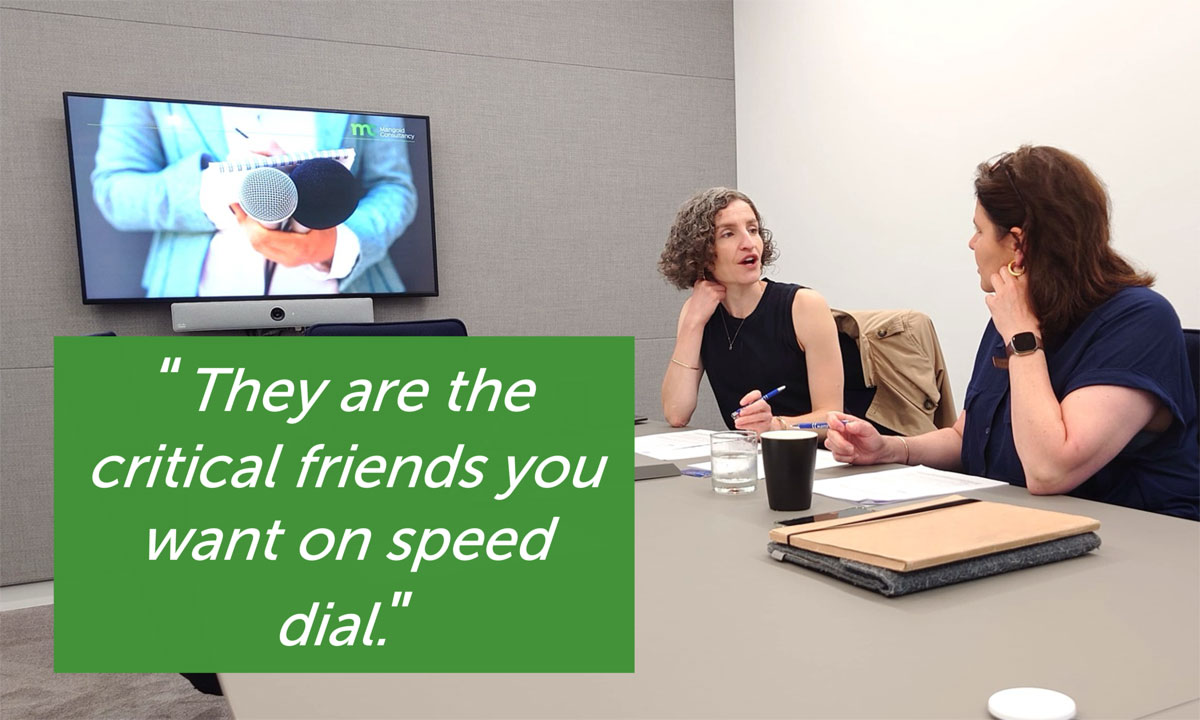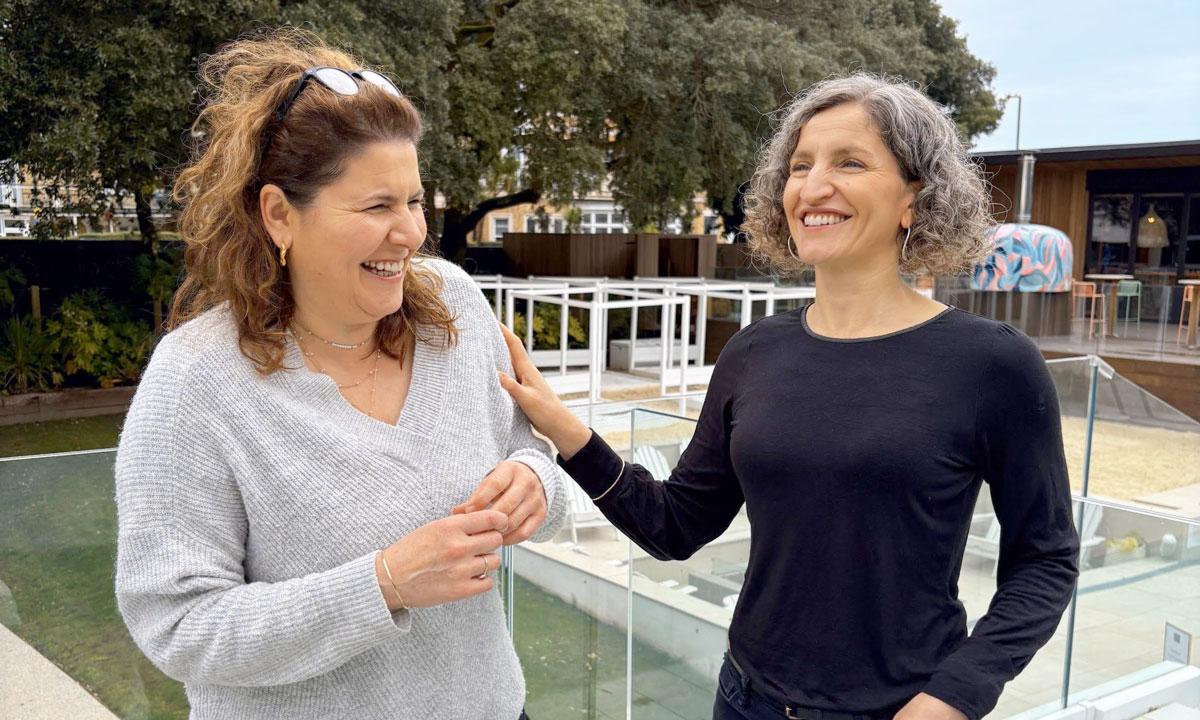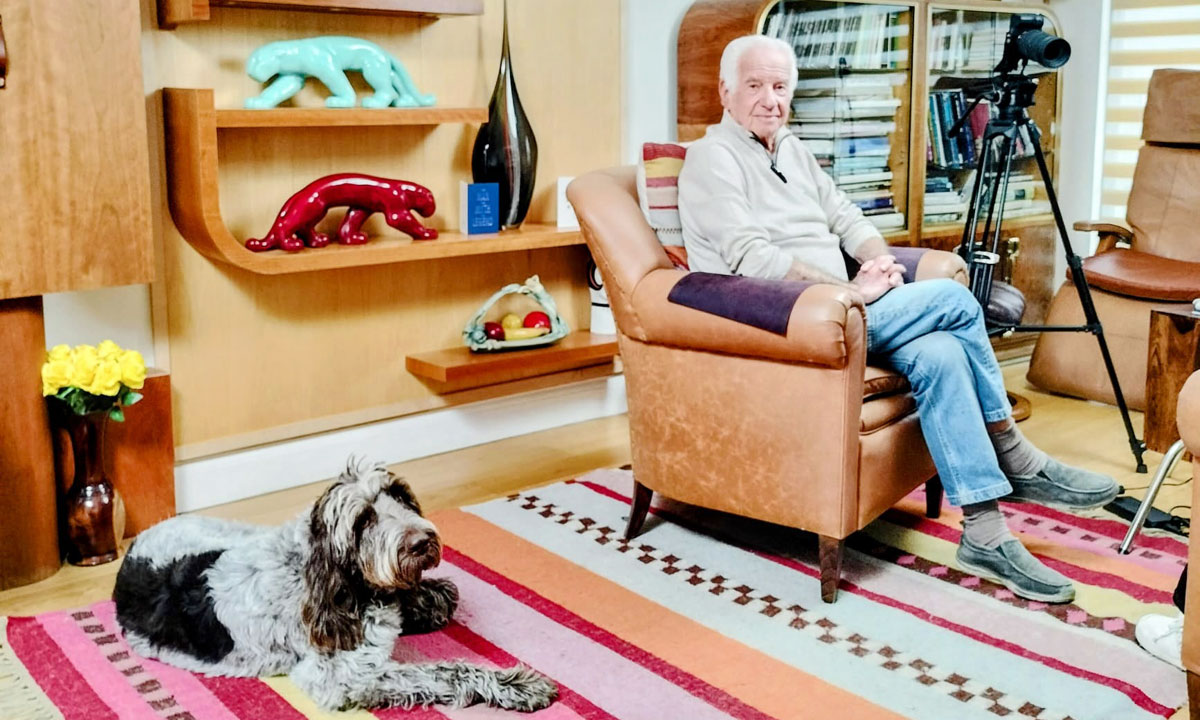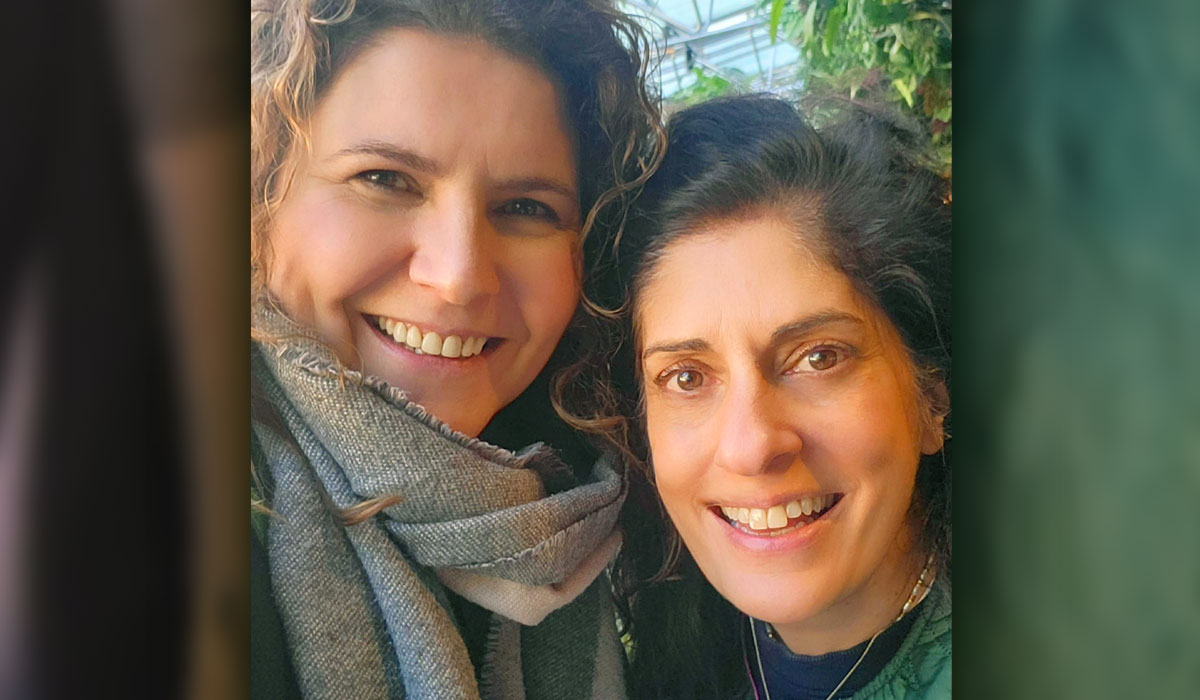Being the face of the organisation in a crisis is a BIG ask.
So a spokesperson must ask a few things in return before doing an interview.
Here are 5 things great spokespeople do in a crisis:
- Complete clarity on what they can say publicly at this stage.
- Answers on information gaps. Even if the details are not available.
- Space to rehearse key messages, and their way of saying them.
- Confidence to make the most of the interview, conveying empathy and personal commitment.
- A reliable deputy for their usual role so they can focus on the media.
Comment here if you have any more tips…
Featured Image by Fardad sepandar on Unsplash
